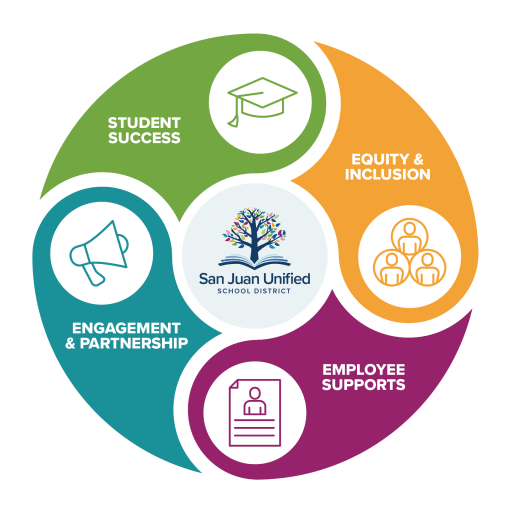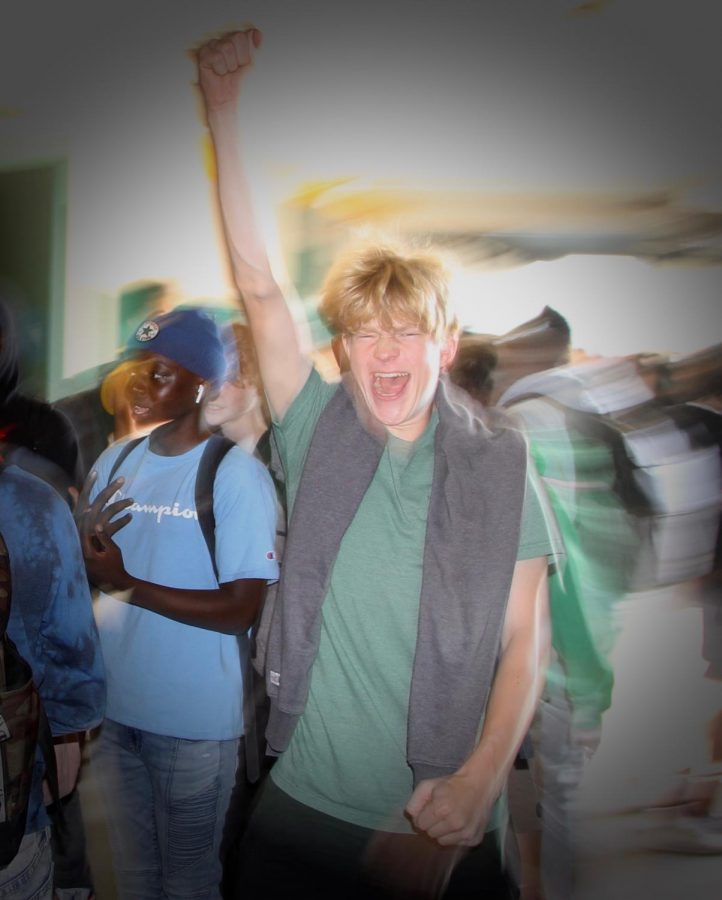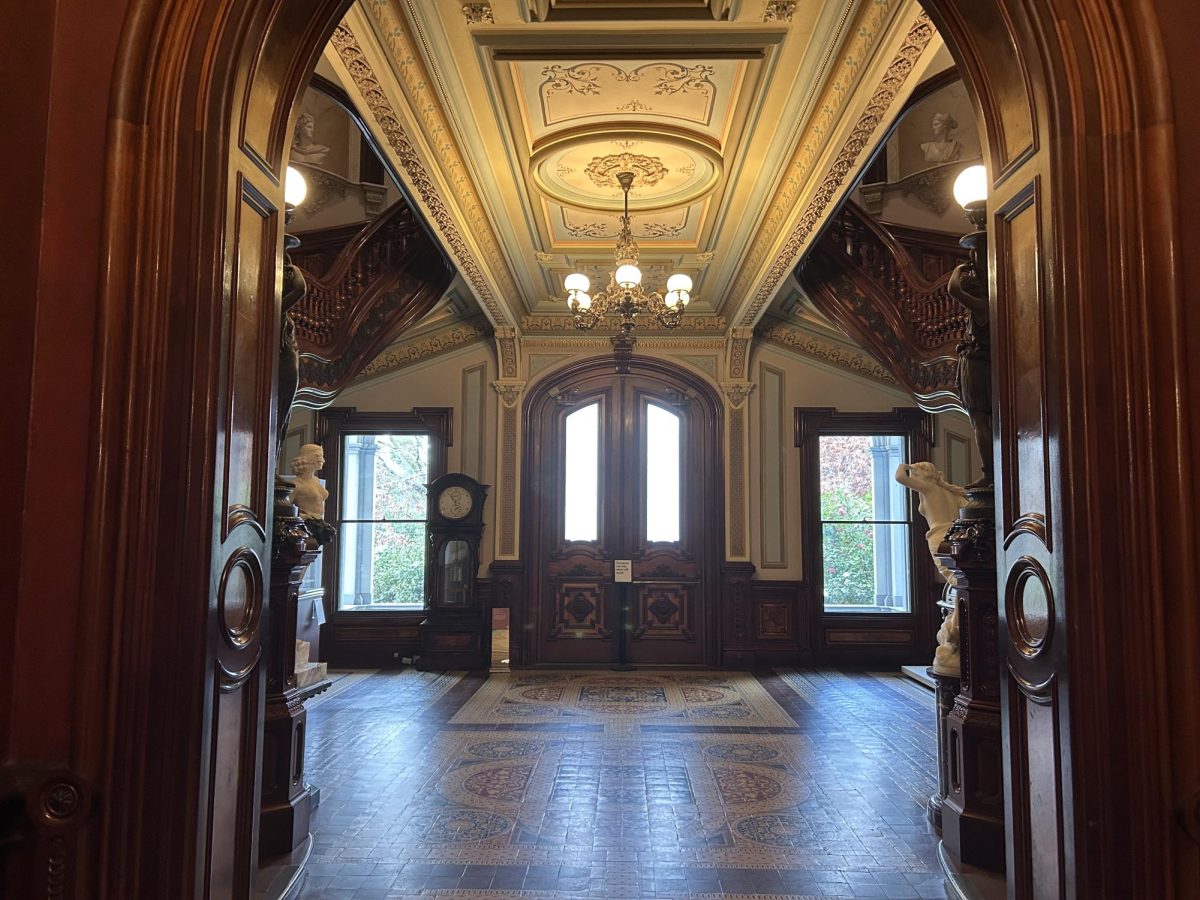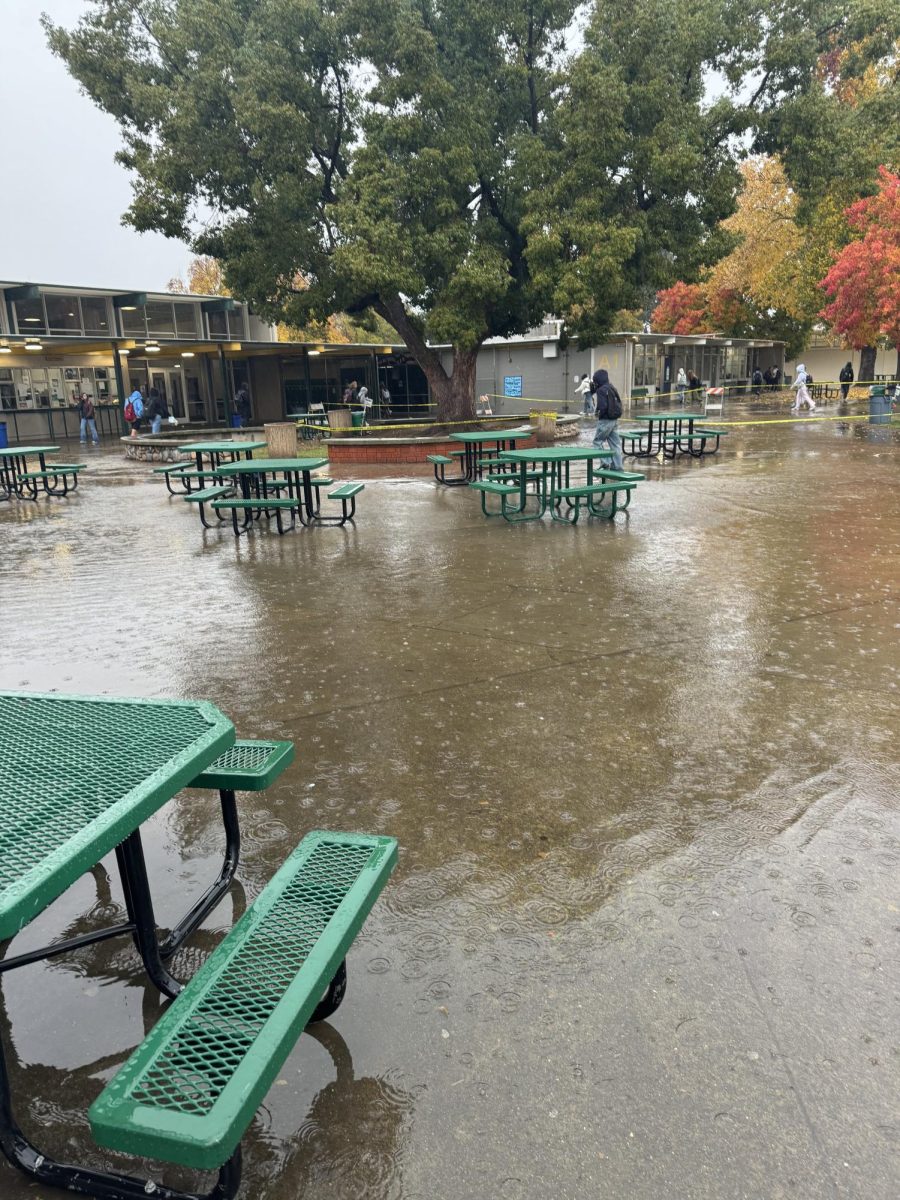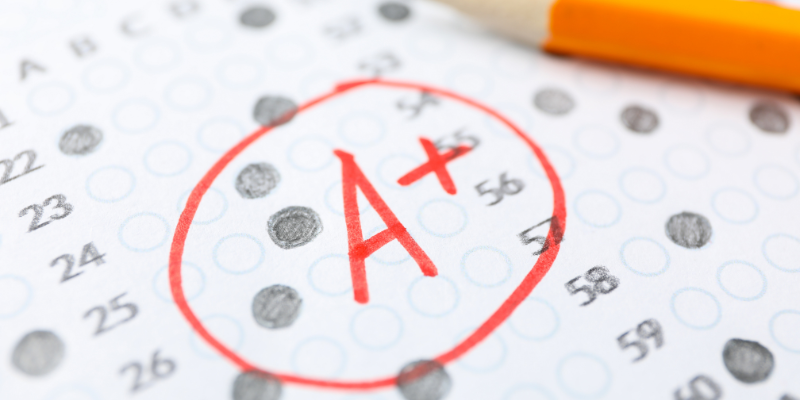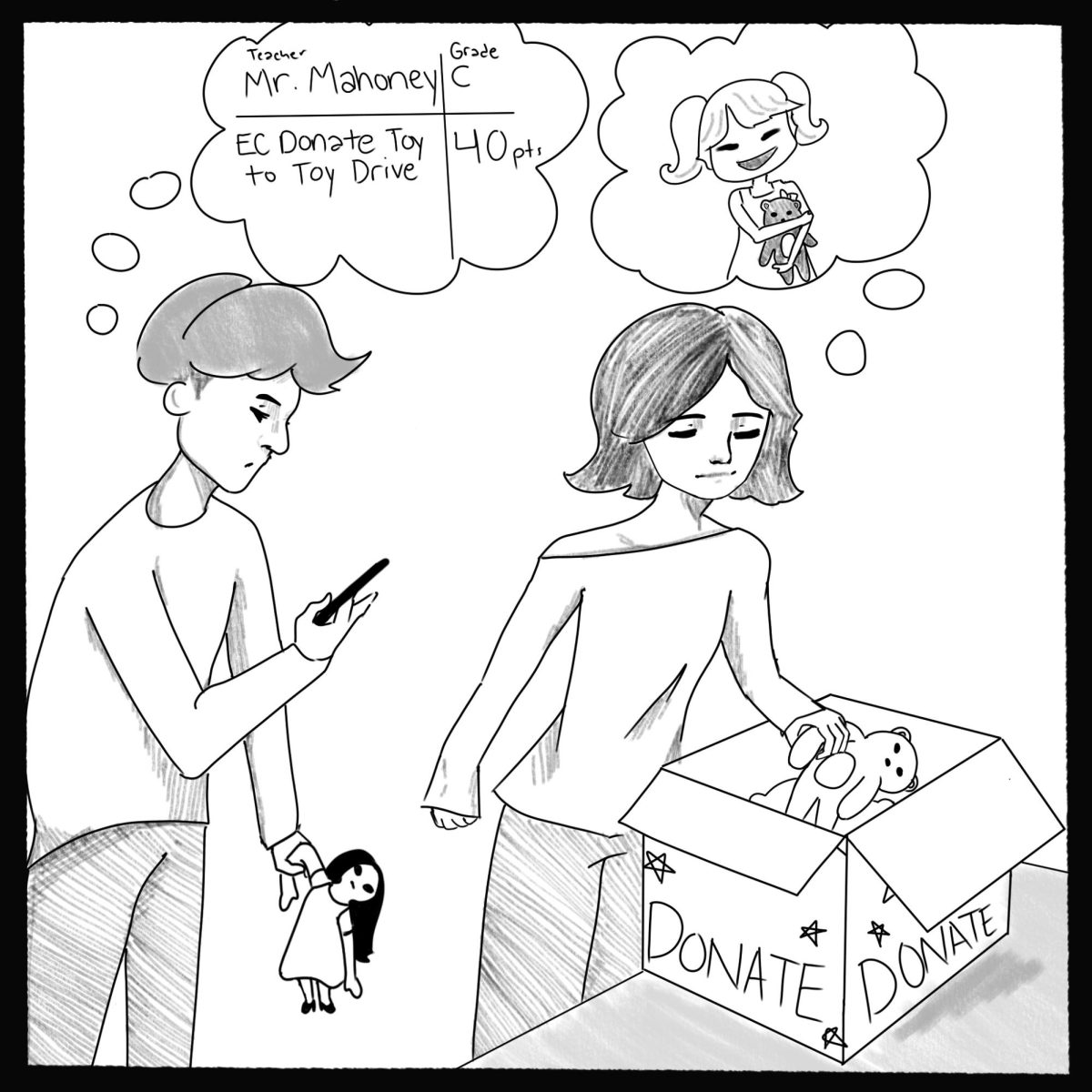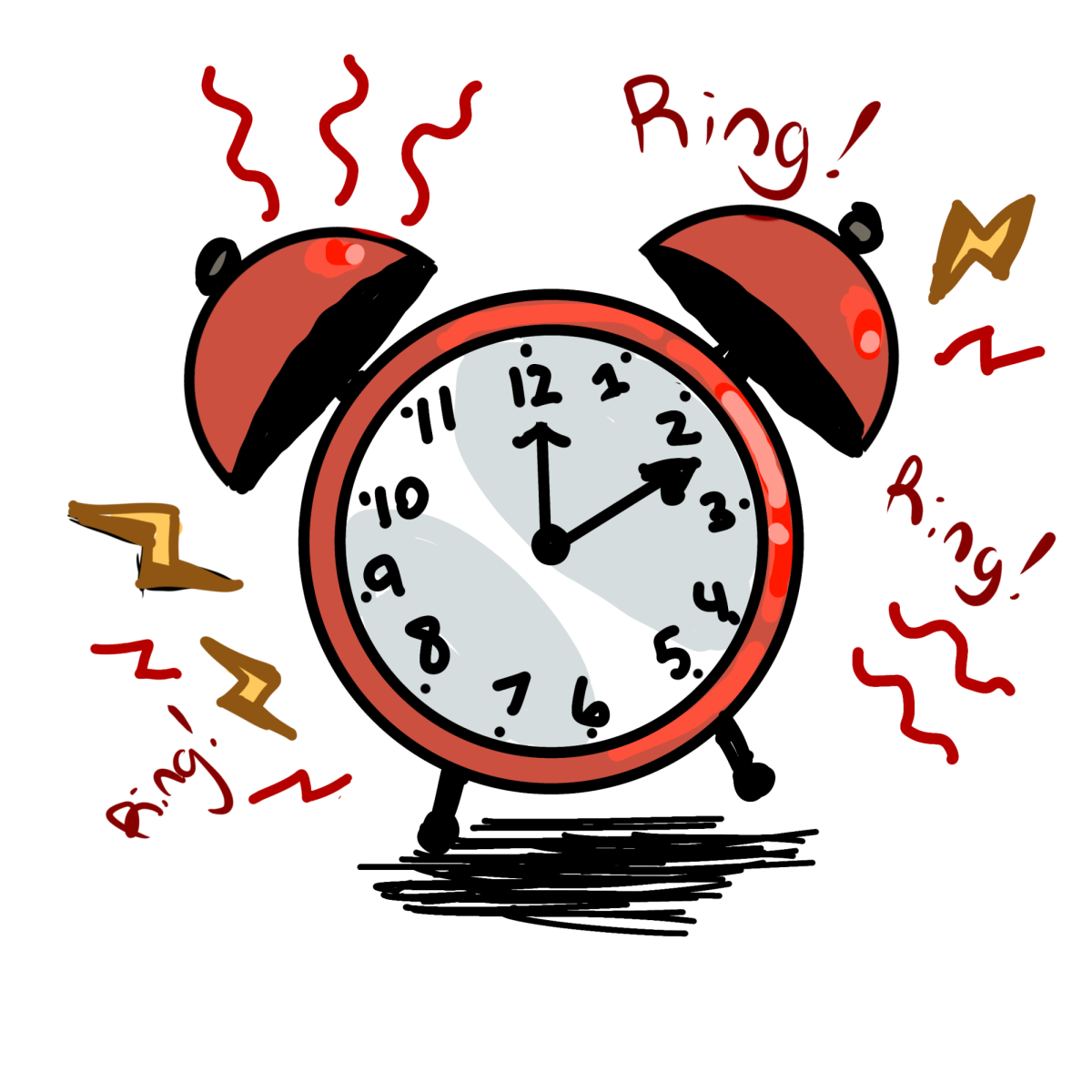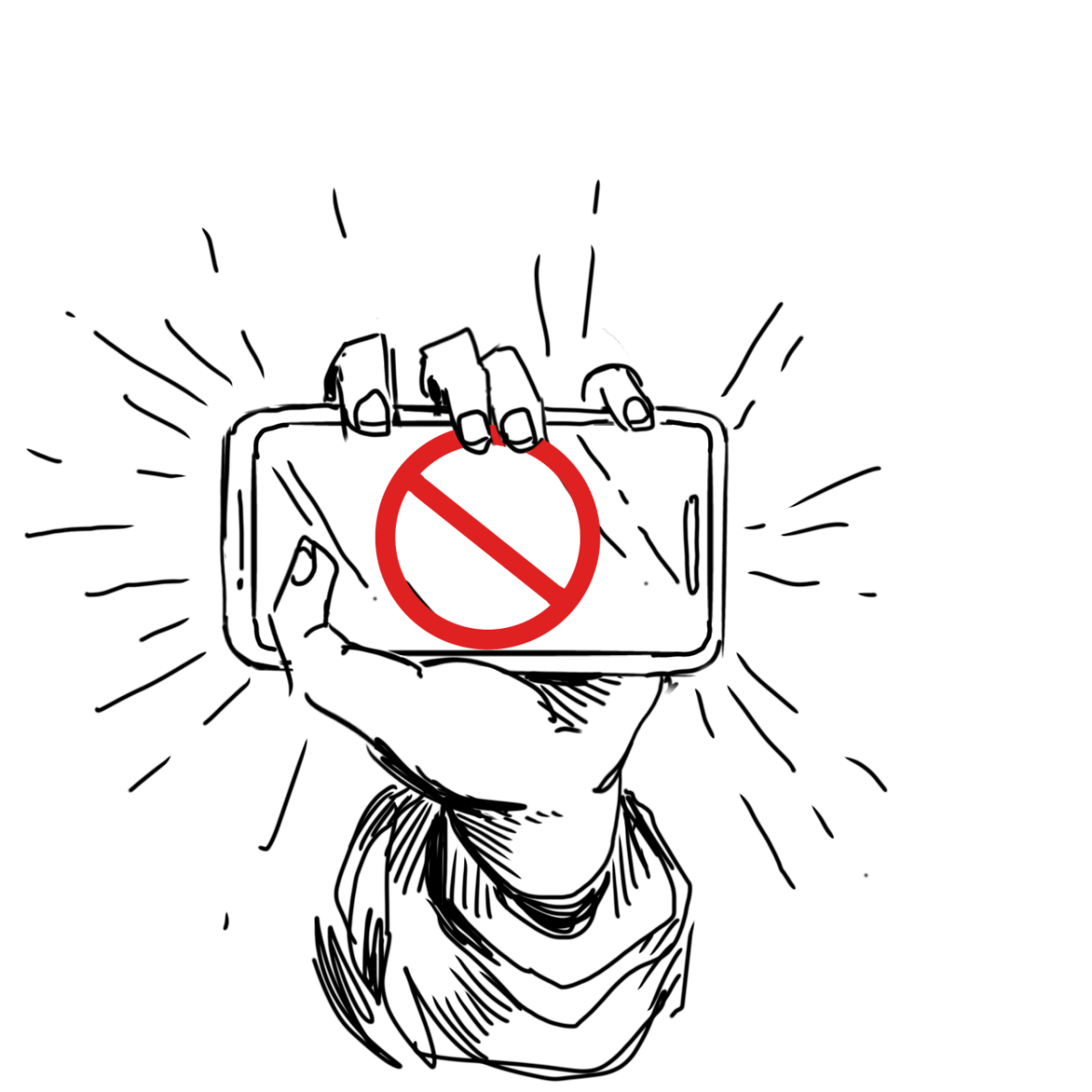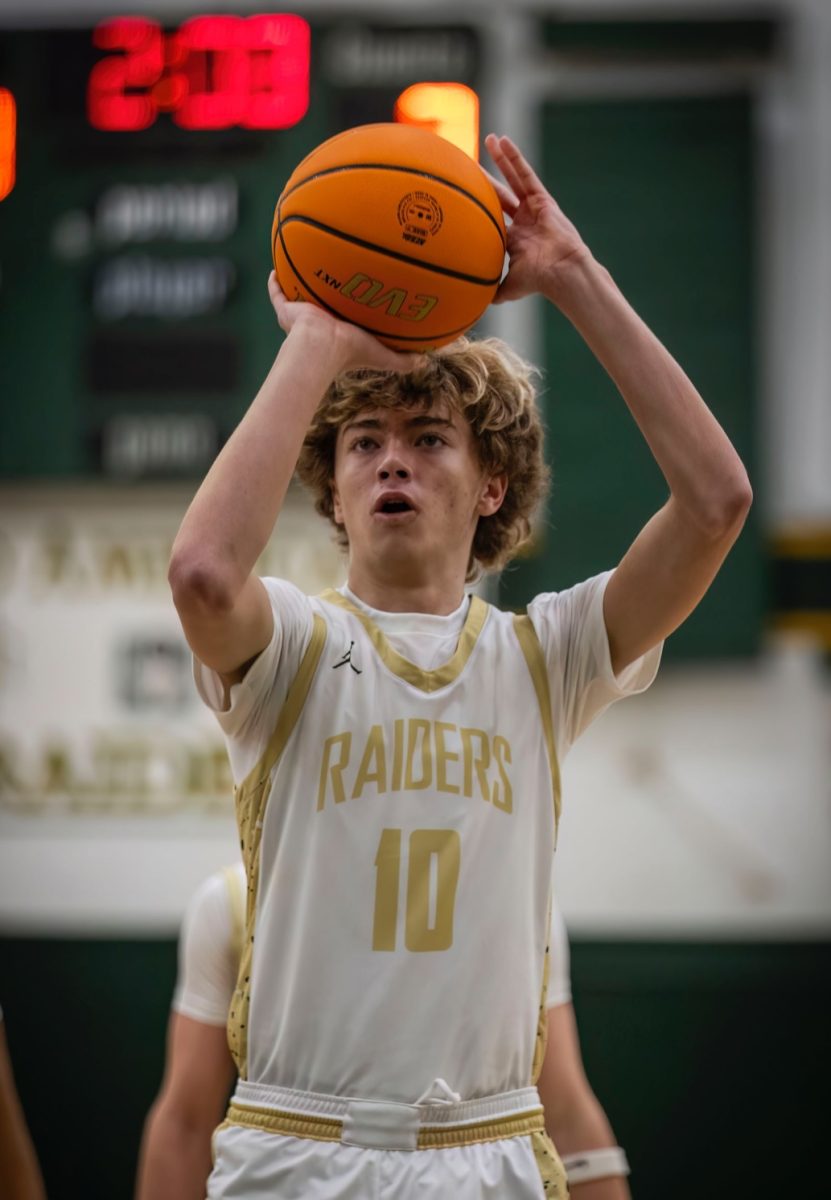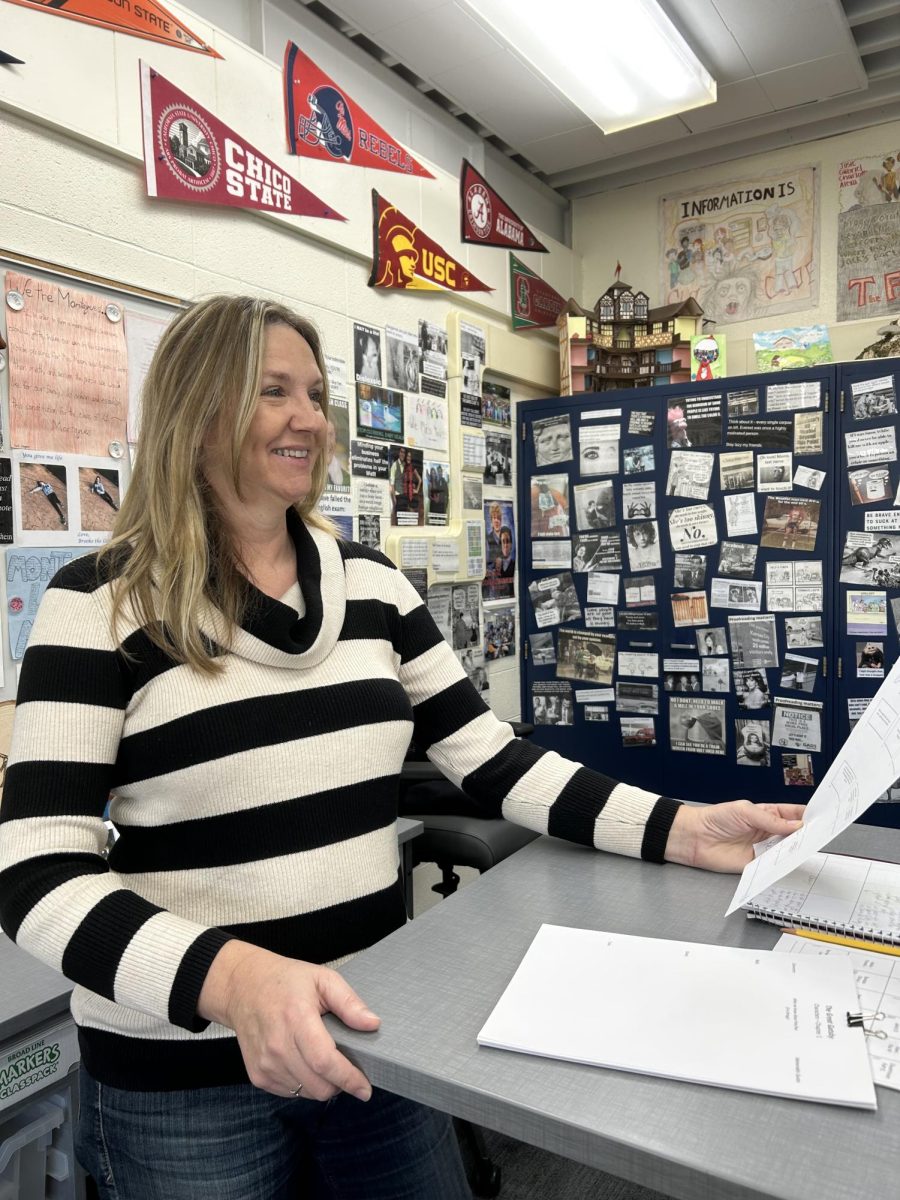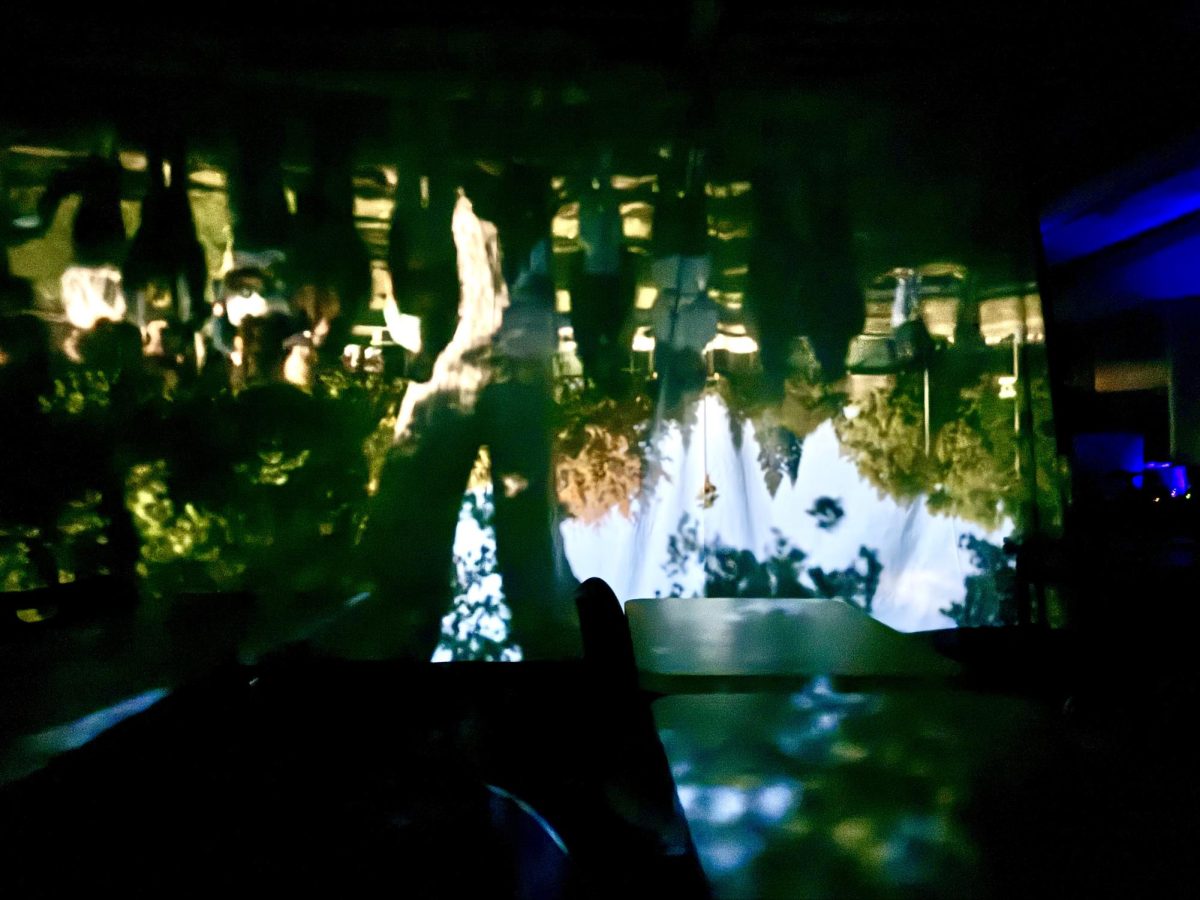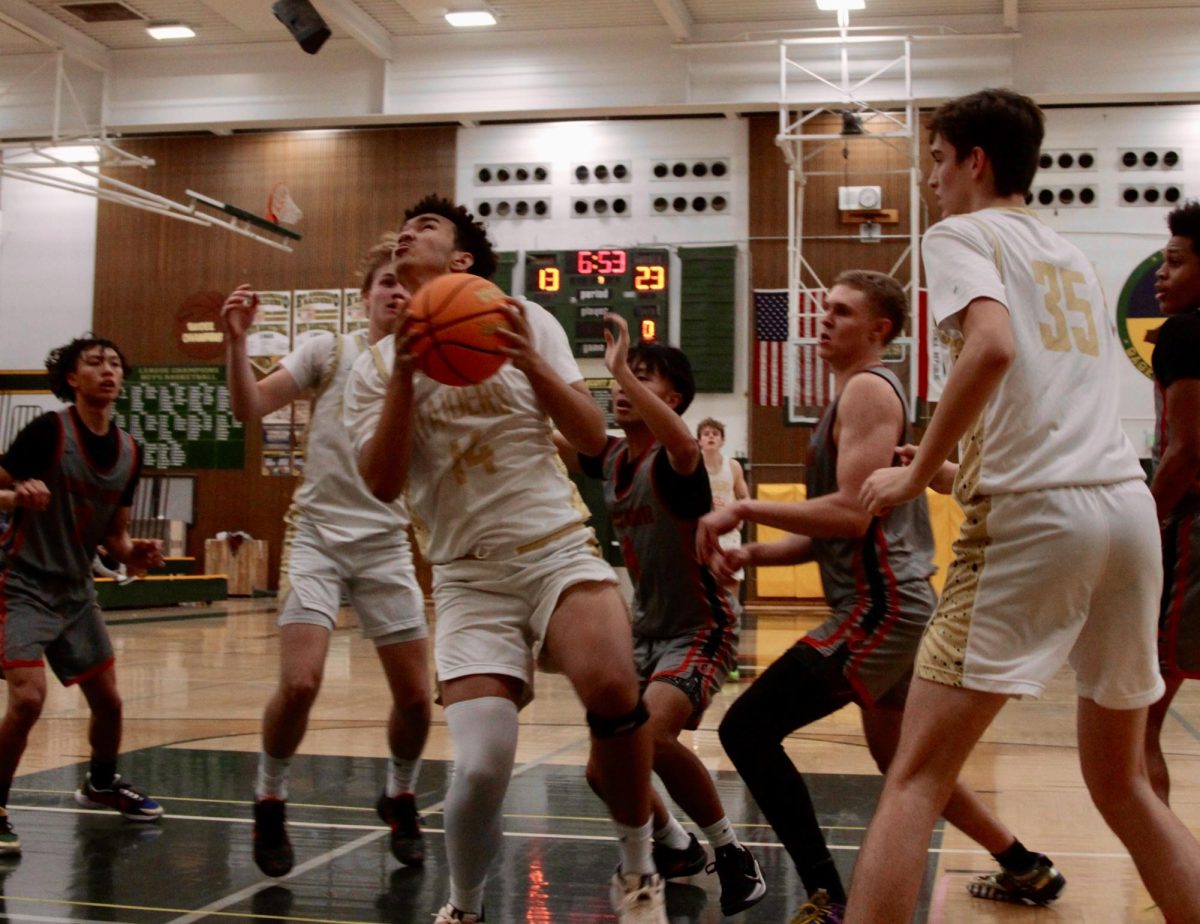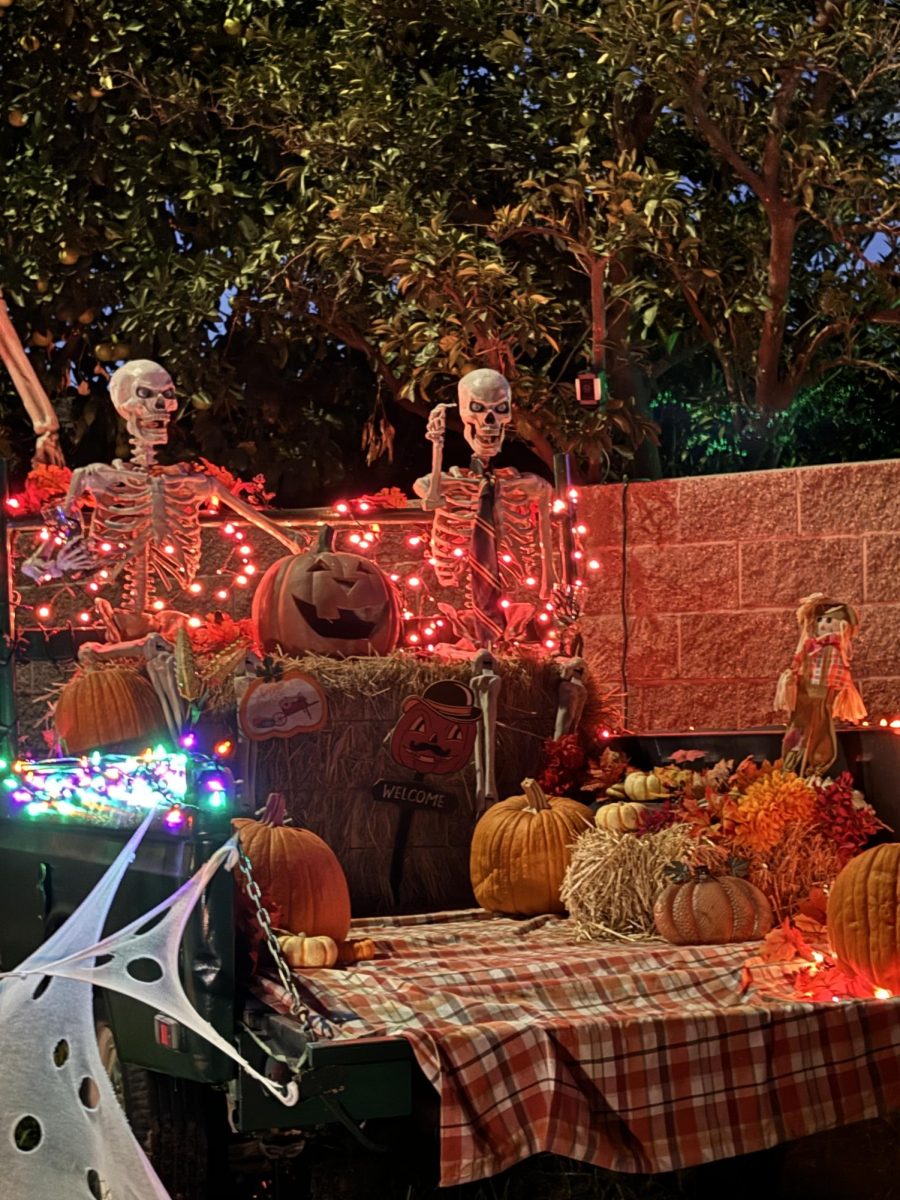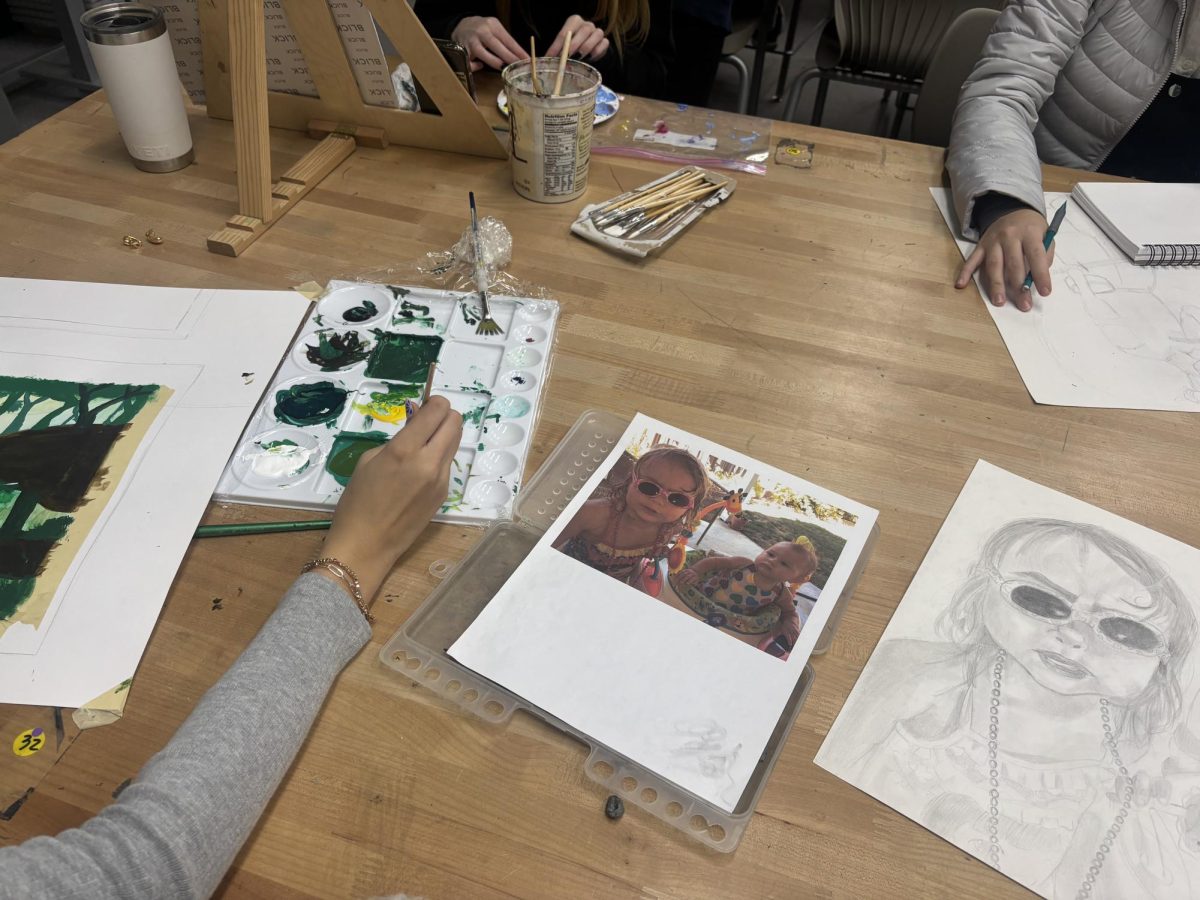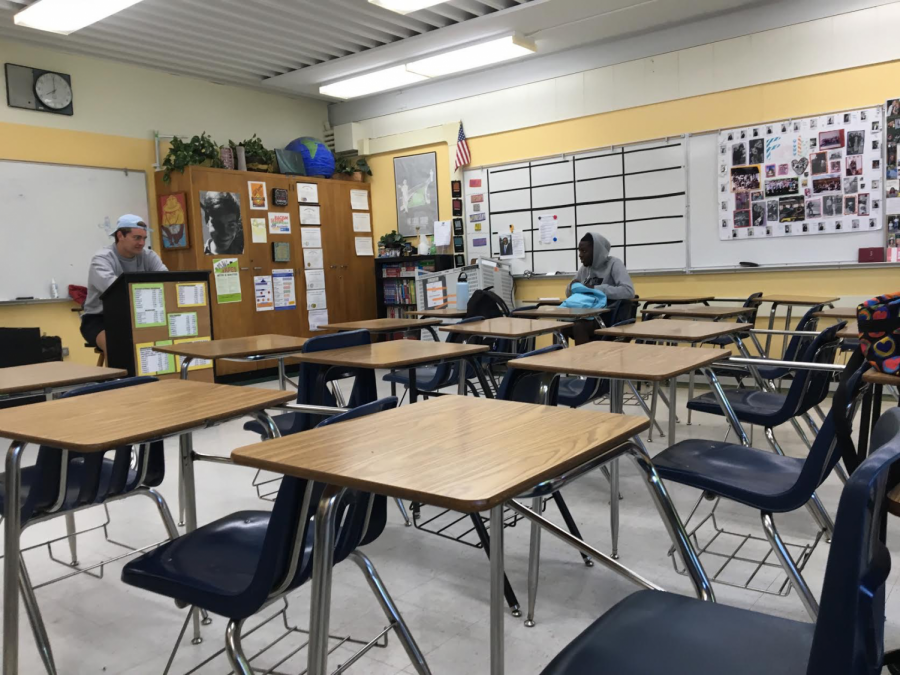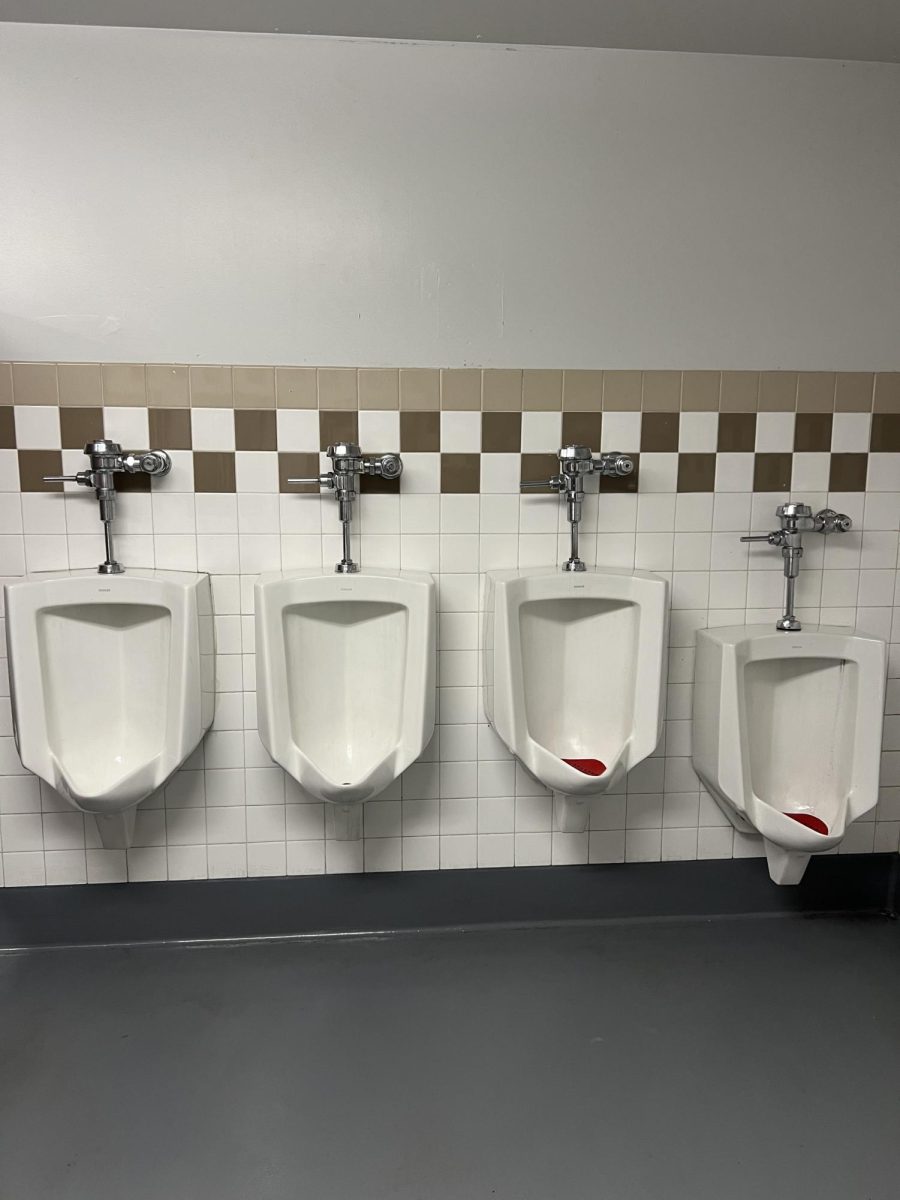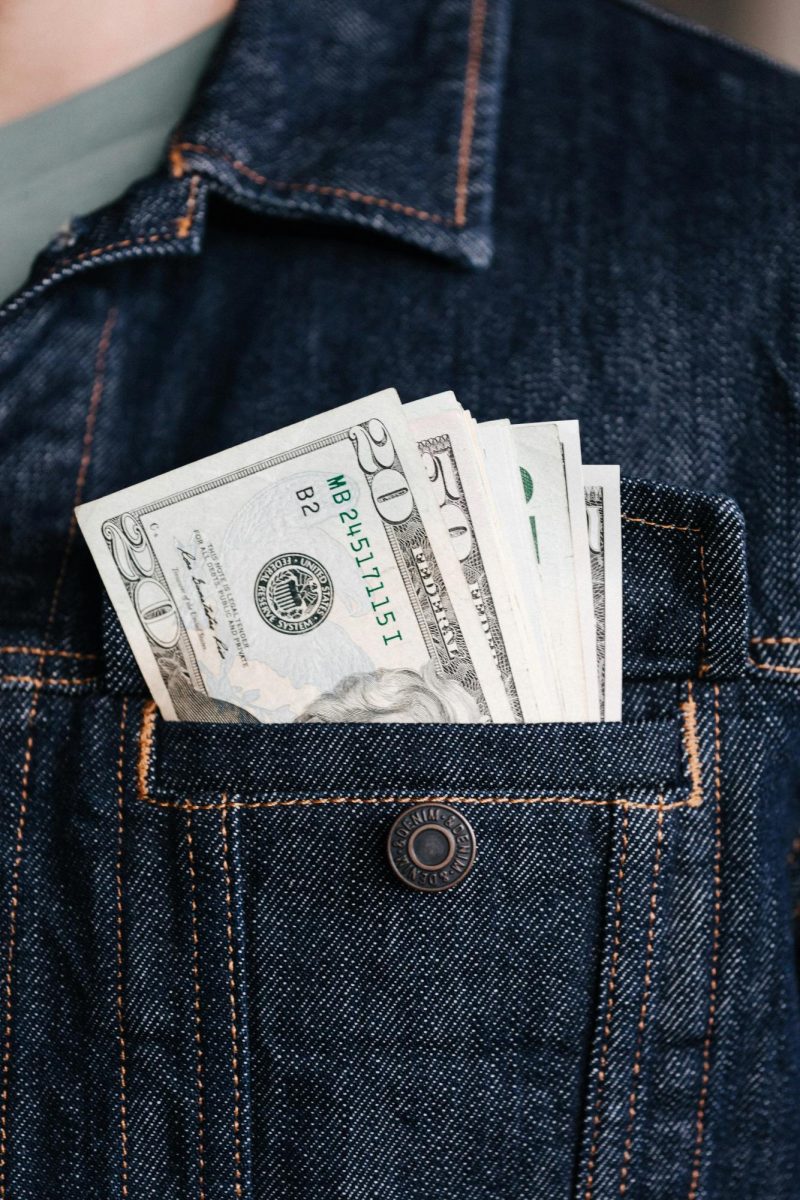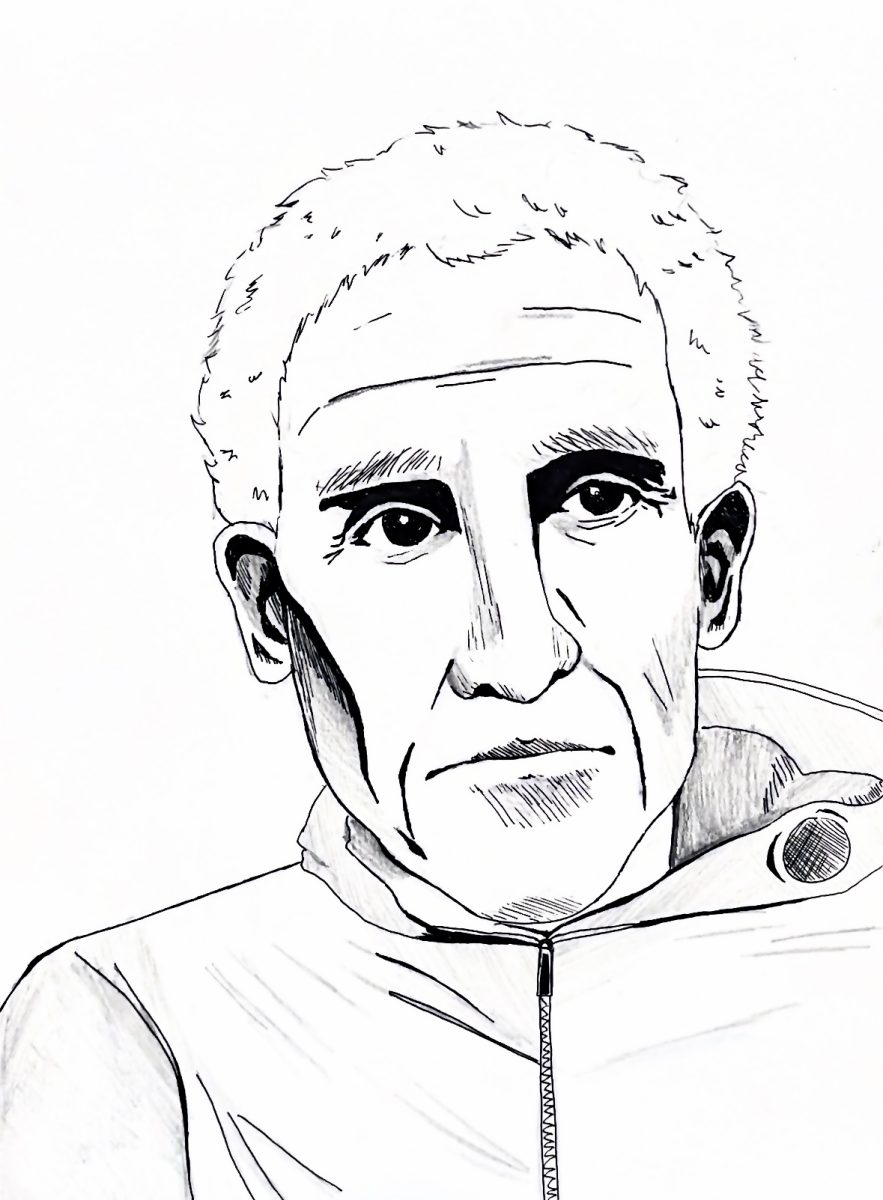
 Being a teen in the LGBTQ+ community in America isn’t always easy, as many students know.
Being a teen in the LGBTQ+ community in America isn’t always easy, as many students know.
It’s saddening to see how people, grown adults especially, can dismiss the cries of the younger generation. A poll taken between 2001-2019 showed overwhelming support by millennials for same-sex marriage compared to older generations.
The effect of homophobic attacks can last a lifetime. The National Library of Medicine reports, “Well-established research demonstrates that lesbian, gay, and bisexual persons have worse mental health outcomes than their heterosexual counterparts, highlighting important but poorly understood mental health disparities associated with sexual orientation… For example, a meta-analysis of 4 decades of research concluded that lesbian, gay, and bisexual persons had higher rates of mental disorder, substance misuse, suicidal ideation, and self-harm than did heterosexuals.”
Gay marriage was officially made legal across the country in June 2015, and researched compiled by PNAS shows that hate crimes against those attracted to the same sex seem to have decreased. For that reason, many would argue that looking into how teens’ mental health is affected would be irrelevant, but I disagree.
This previous year in California alone, the attorney general reported that anti-gay (male) hate crimes make up the majority of sexuality hate crimes, with a total of 246 victims. This seems minor, but when compared to the number of anti-heterosexual hate crimes, the contrast was clear. In 2021, there were zero victims of anti-heterosexual hate crimes. More acceptance doesn’t mean there aren’t victims, especially when the most vulnerable age group is young adolescents.
During the pandemic, there was a 33% surge in homophobic hate crimes, according to NBC News. The people being targeted were the victims of baseless accusations created during a time of uncertainty and spitefulness. When people shout slurs, they don’t think about anyone but themselves. To sweep this under the rug would be an injustice to those who are still struggling and lacking the help they need. California is a progressive state, yet many others aren’t. So what’s being done for those under-represented LGBTQ+ young adolescents in conservative states? As a young, female, gay teen, it’s disappointing that no one is listening. It’s time they do.


